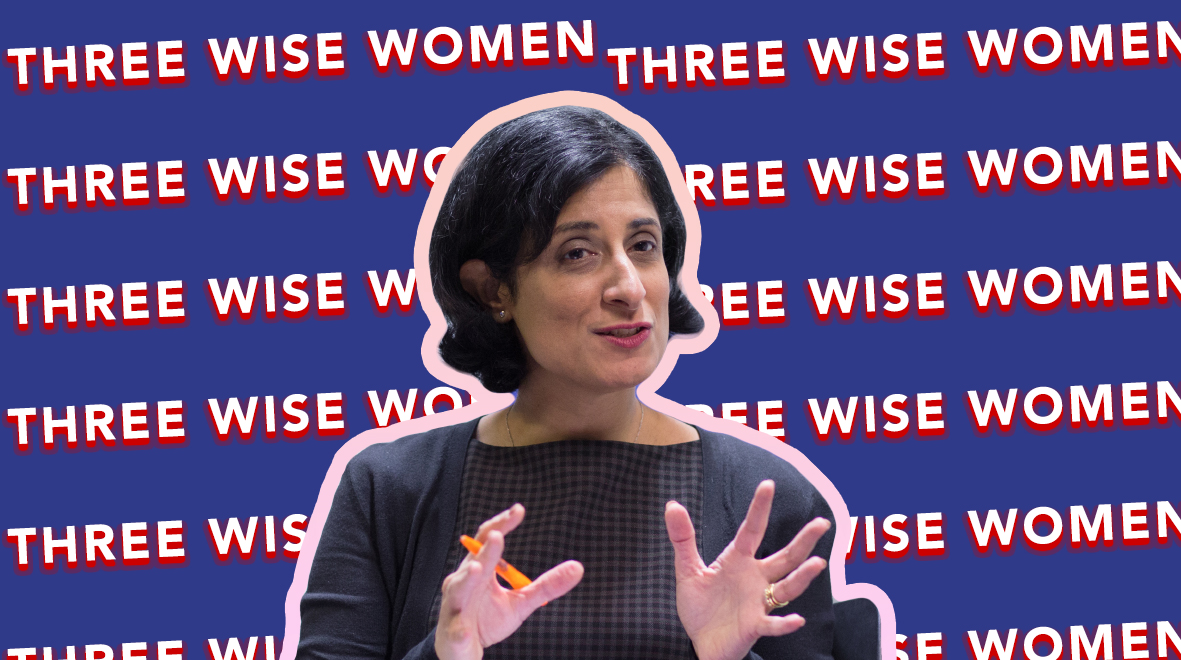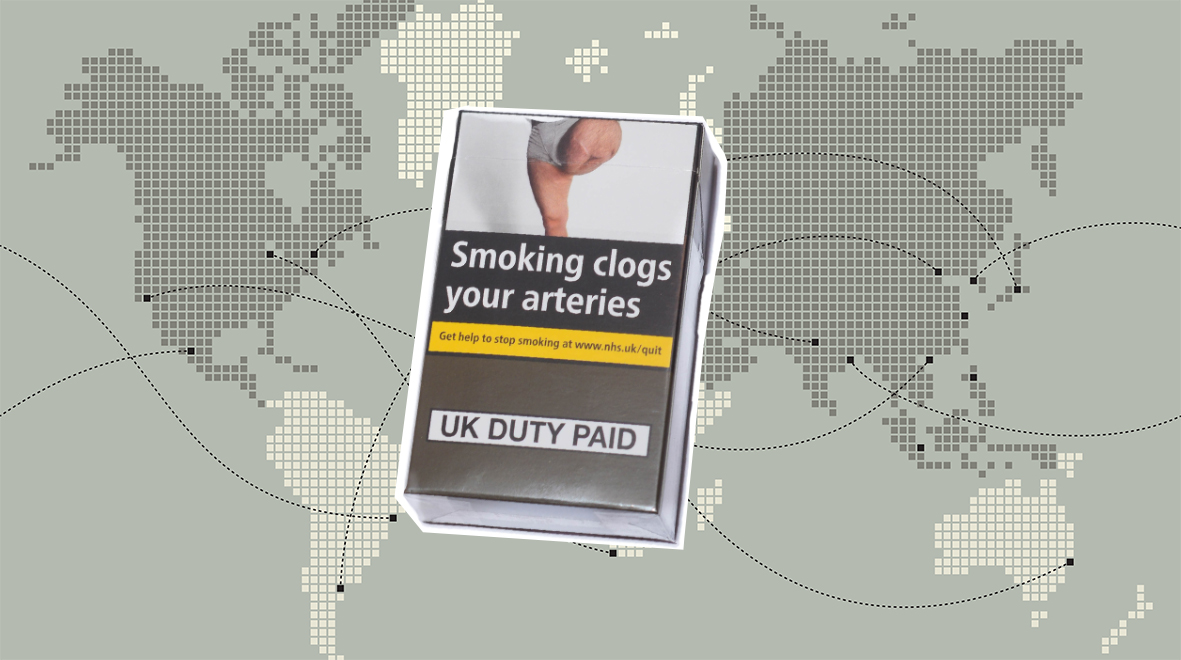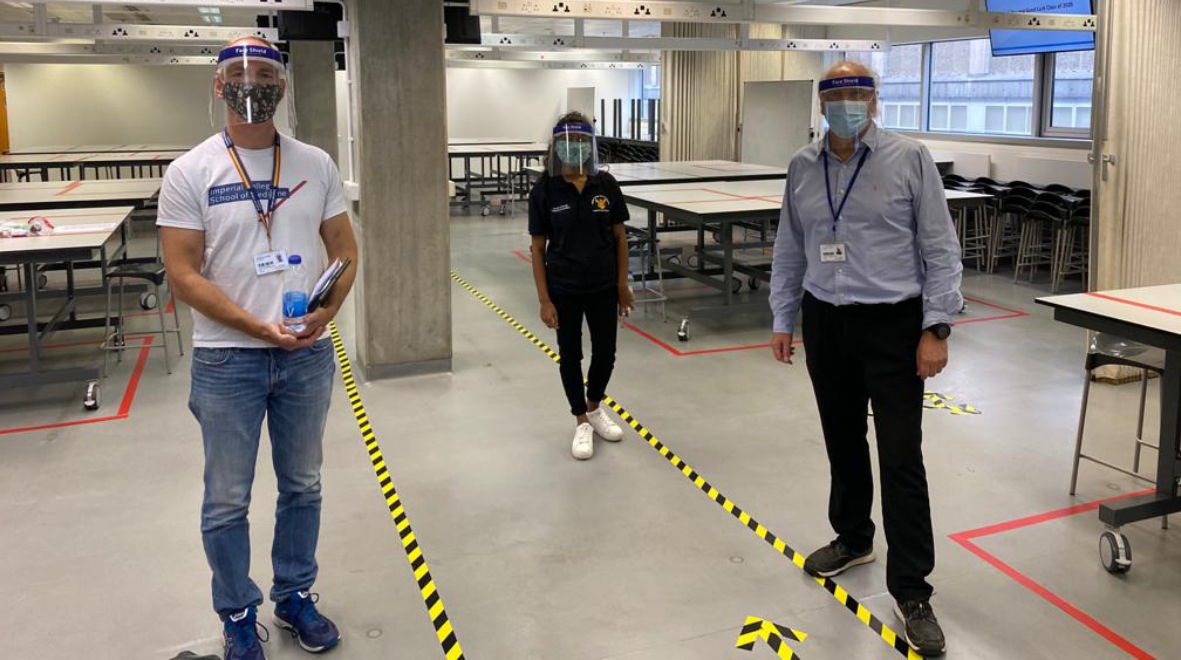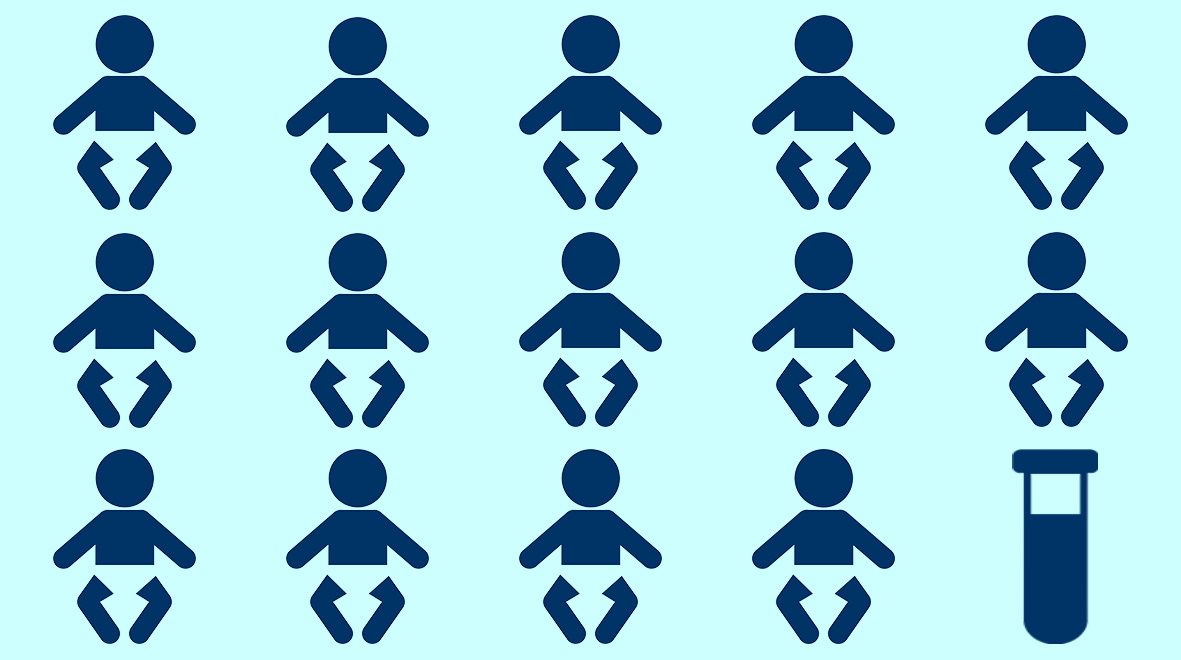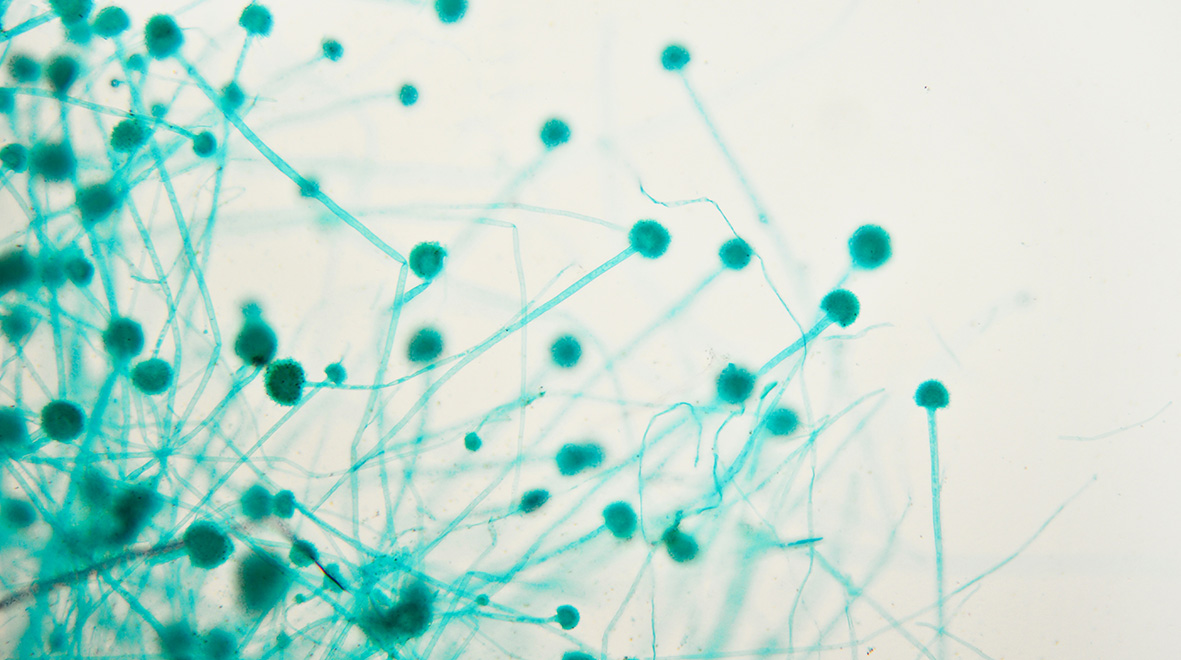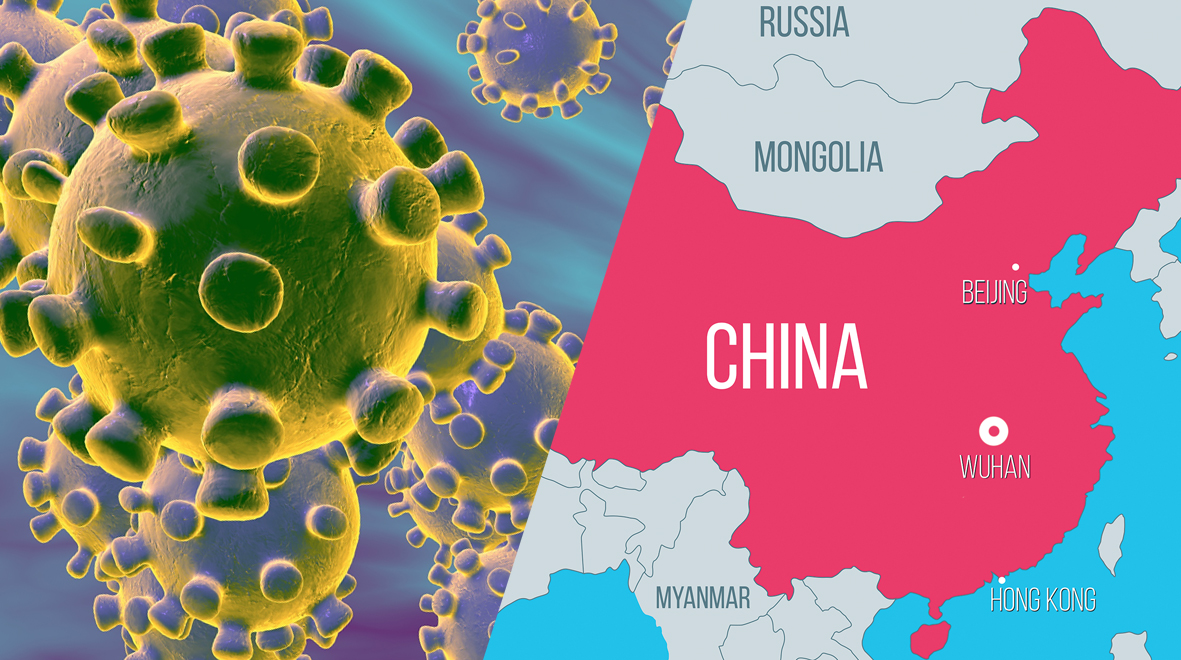The Future is Fungal
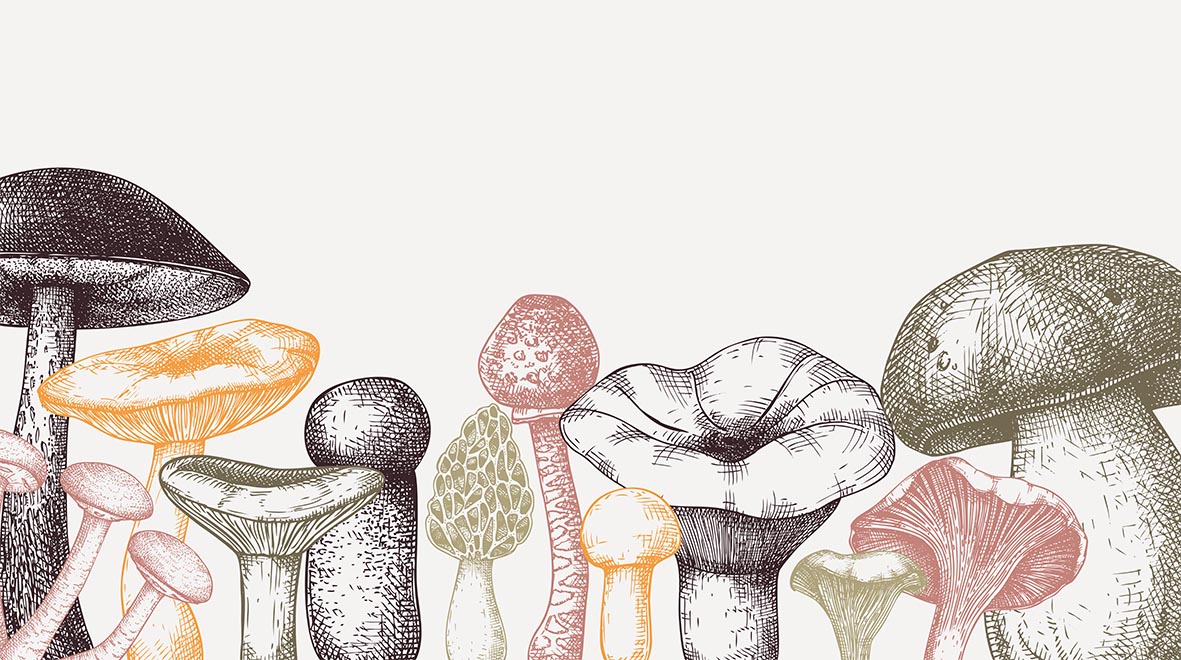
Jenny Shelton takes us through the incredible potential of fungi and how this diverse, yet often overlooked, species may hold many of the answers to global challenges, from climate change to food insecurity.
Fungi play important roles in nature, food production, medicine, industry and bioremediation yet we have only discovered ~150,000 out of a potential 6.3 million fungal species. Just recently, a PhD student found undiscovered fungal species in seeds stored at the Millennium Seed Bank and estimates the whole collection might contain up to 1 million new species! You might be surprised to learn that fungi are more closely related to animals, and therefore humans, than they are to plants, and that the combined biomass of all fungi on Earth is 200 times greater than the entire human race.
The responses I often get when I tell someone I’m a mycologist is “Eurgh, I hate mushrooms!” or “Can you cure my athlete’s foot infection?”. It’s no surprise that this is their reaction given how little fungi feature in the U.K. school curriculum, or even in most biology and medical degrees, but it is such a shame given how magnificently diverse the Kingdom of Fungi is. (These responses also, unknowingly, capture the yin and yang of fungi: while this article is about the good that they can do it is important to acknowledge that fungal infections cause misery to millions of people around the world every year.)
Keeping in mind the challenges facing us – climate change, global food insecurity and infectious disease pandemics –I hope you will agree with me that the solutions to many of our problems could be fungal! (more…)


